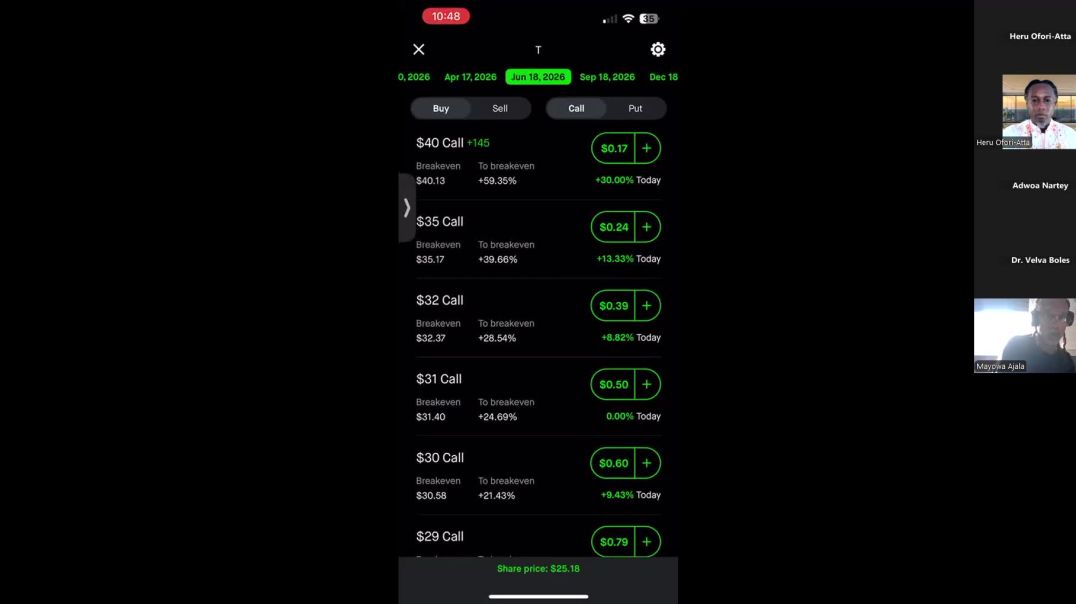- General Videos
- Music
- Economics
- Health
- Travel & Events
- History
- Psychology
- Spirituality
- Movies
- News & Politics
- Kmtyw Combat Sciences
- Ɔbenfo Ọbádélé Kambon Videos
- Ɔbenfoɔ Kamau Kambon: Black Liberation Philosophy
- Science, Tech, Engineering and Math
- Permaculture
- Self-Sustainability
- Living Off Grid
- Yoruba Language Learning
- Education
- Mmɔfra Adesua
- Nana Kamau Kambon Playlist
- Livestream
- Komplementarity Kouples and Revolutionary Singles
- Abibitumi Film Series
- Decade of Our Repatriation
- Live
The Deceptive Watchman: How Our Brains Twist Time | 2014
A second doesn't always feel like a second—time can seem to slow down if you're riding a death-defying roller coaster, or speed up while you're having a night out on the town. But just what's going on inside our heads to skew our perception of time? Neuroscientists Lila Davachi, Dean Buonomano, David Eagleman, and Kia Nobre discuss findings from the latest scientific investigations into the intricacies of our internal clocks in "The Deceptive Watchman," a program in the Big Ideas series at the 2014 World Science Festival.
This program is part of the Big Ideas Series, made possible with support from the John Templeton Foundation.
Subscribe to our YouTube Channel for all the latest from WSF.
Visit our Website: http://www.worldsciencefestival.com/
Like us on Facebook: https://www.facebook.com/worldsciencefestival
Follow us on twitter: https://twitter.com/WorldSciFest
Original Program Date: June 1, 2014
Host: John Hockenberry
Participants: Lila Davachi, Dean Buonomano, David Eagleman, Kia Nobre
John Hockenberry's Introduction. 00:00
A percussive demonstration. 2:40
What is it about time that is elastic in our minds? 10:54
Participant Introductions. 13:00
What kind of clocks are in our brains? 14:16
How does our perception require time? 18:28
How does the brain understand what is now? 21:40
How does memory play into the time in our head? 24:06
The defibrillation simulation test. 32:00
The fear factor of experiments. 38:16
The holiday paradox. 44:00
Physiologically do we add more time than we have? 52:08
Temporal order is needed to explain causality.57:51
The time interruption of Deja Vu. 1:04:20
Is physical reaction time only physical? 1:08:39
Is time forward or backwards? 1:16:23
Are you typically late or on time? 1:21:40





















